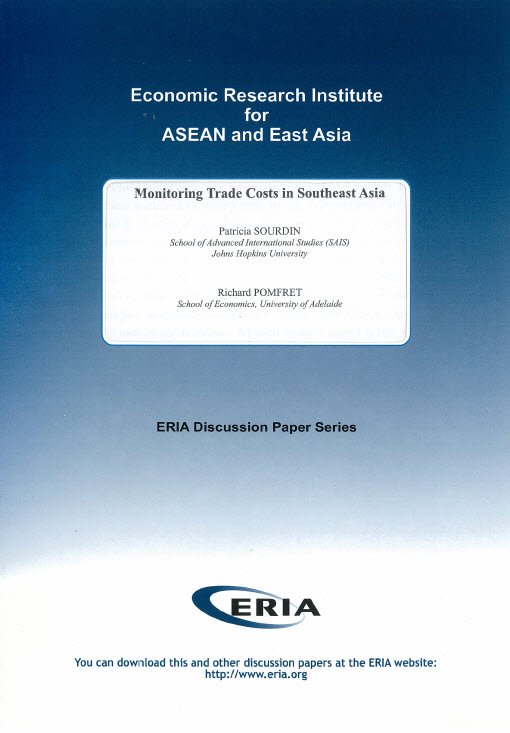Monitoring Trade Costs in Southeast Asia

Print Article:
Abstract
This paper develops an Index of Trade Costs for ASEAN Member Countries, 1990-2007 based on the gap between cif and fob values of ASEAN exports to Australia. The cif/fob gap is a commonly used aggregate measure of trade costs, and Australia is a useful benchmark for ASEAN countries because it is a large trading partner whose major ports of entry are roughly equidistant from the ASEAN countries. The case for using this Index as a measure of trade costs is set out in the first section. The second section examines the raw data for the ASEAN countries. The third section reports econometric analysis of the cif/fob measure to better understand why trade costs vary across countries and to compare the ASEAN members' record to the global average during the period 1990-2007. The final section presents the two versions of the Index, discusses some reservations to using the cif/fob measure of trade costs, and suggests how the Index could be upgraded, maintained and extended.




